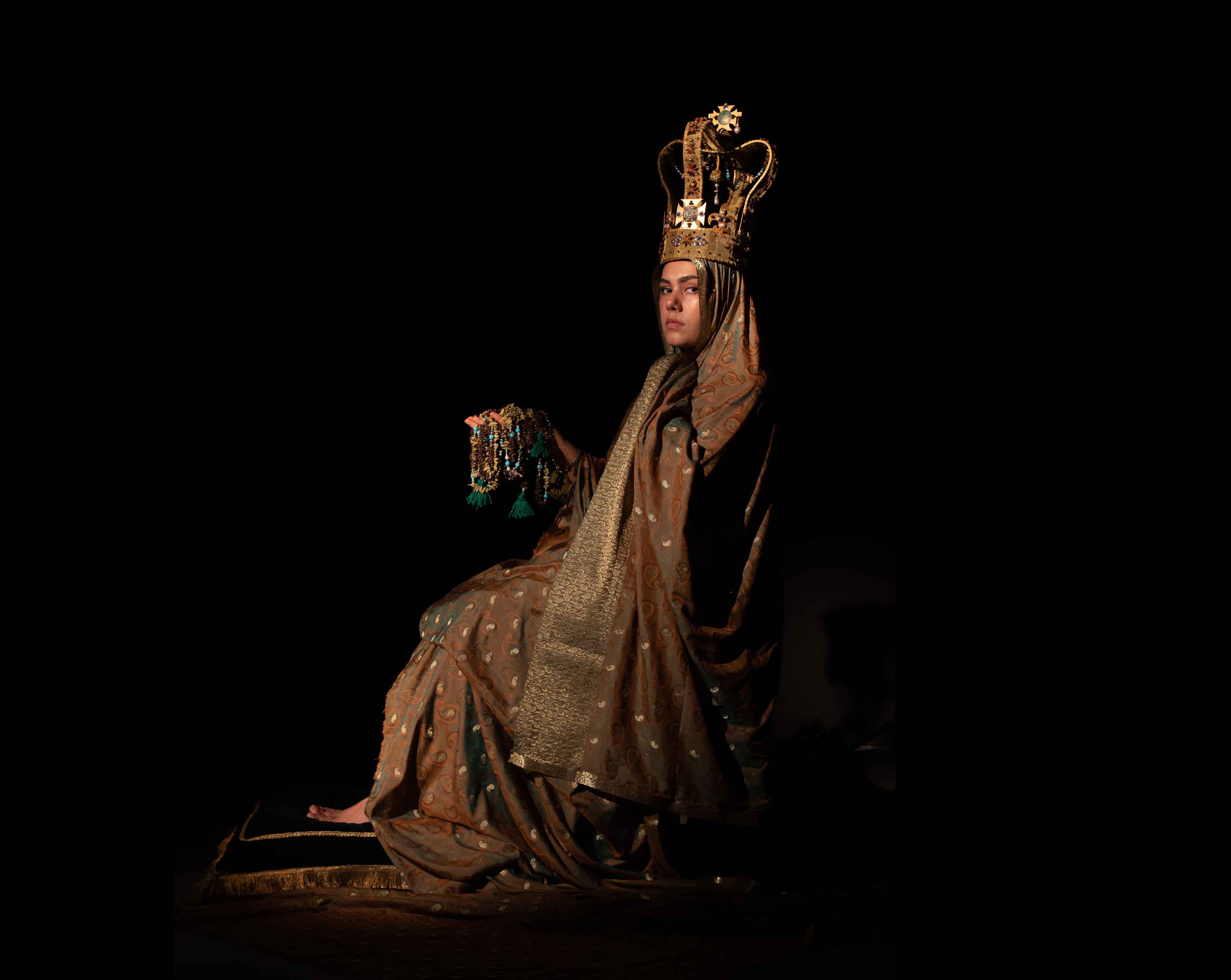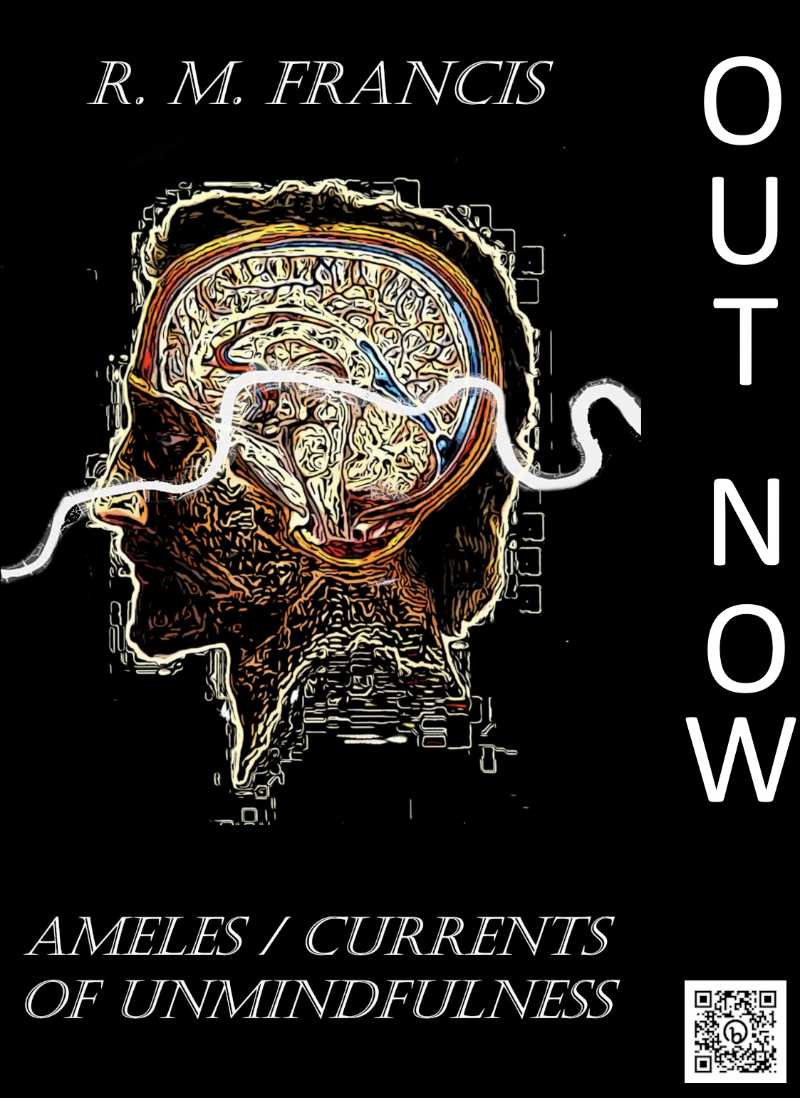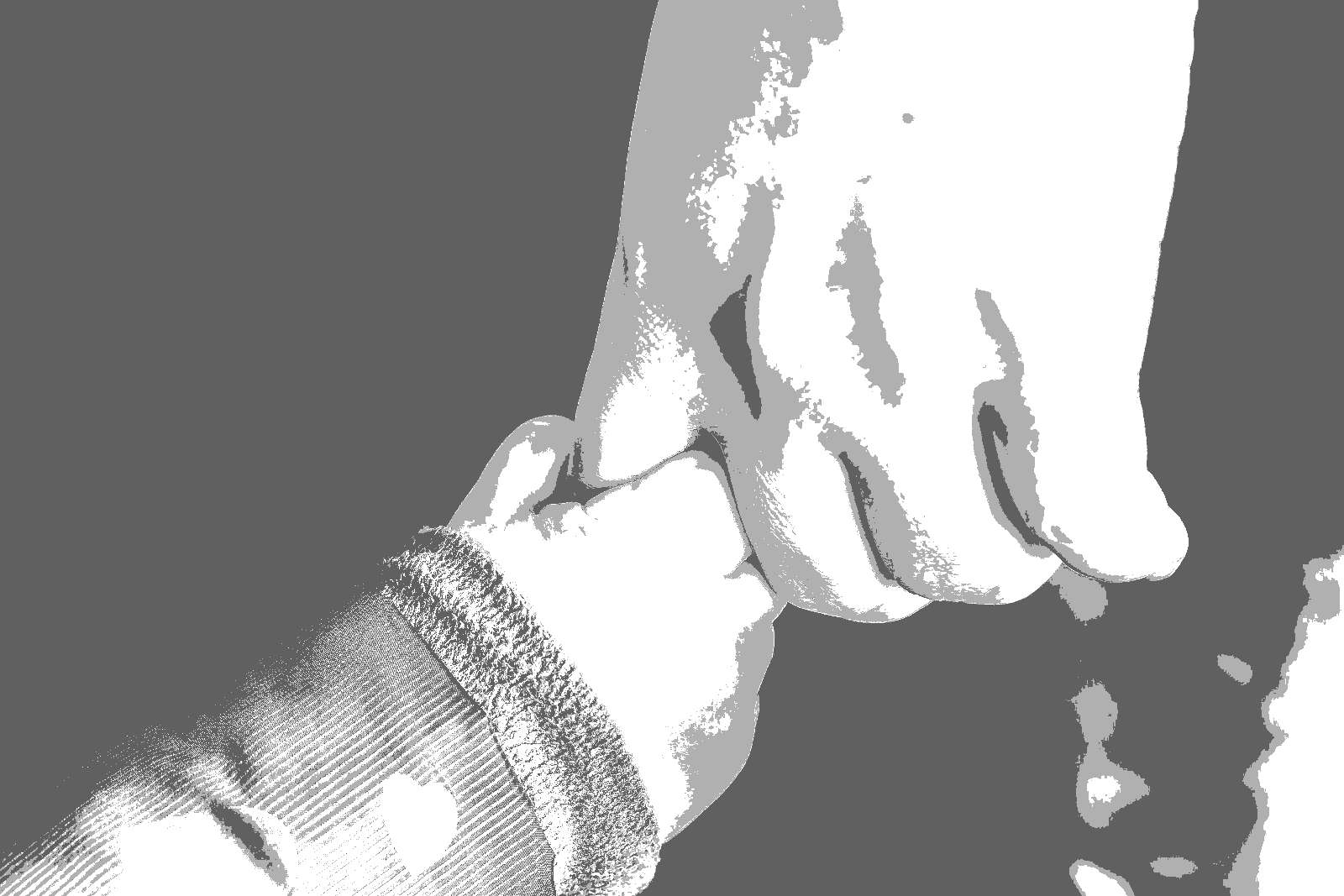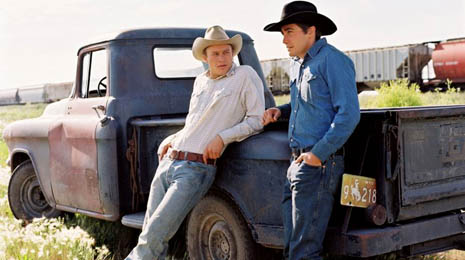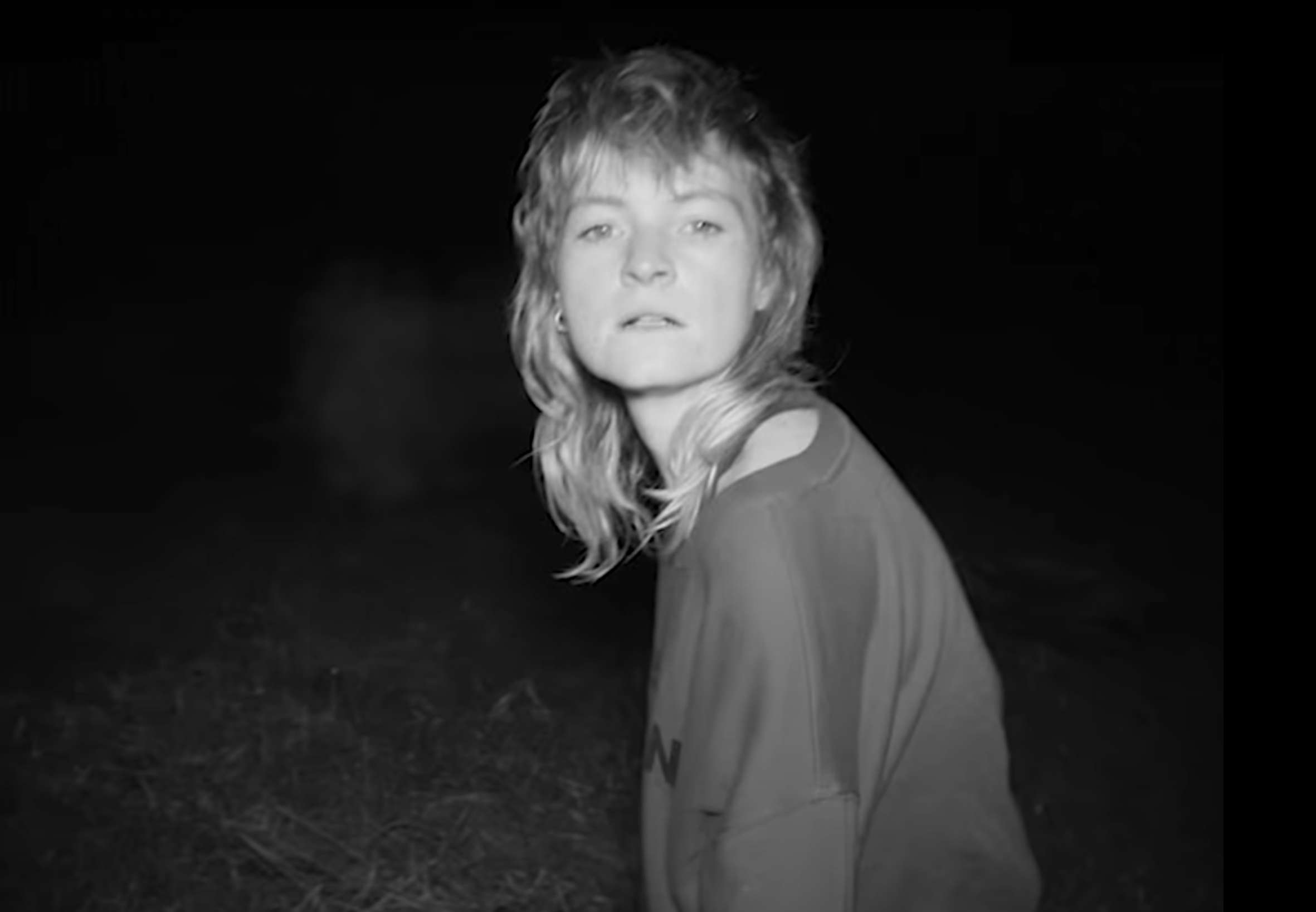Brilliance understated can be rare in art. This is another medium jostling for eyeballs after all, gussying for the hearts and minds of the distracted throng. I wouldn’t fancy juxtaposing art and commerce as I know I would just deliver puffed up cheeseballs. That is not what artist and designer Aqsa Khan Nasar does. Aqsa’s art is both light and weighty all at once. With no merely confected centre. Her art literally is the art of assertion and spice. Aqsa is the first Pakistani Olfactory artist. For Aqsa, not even the first of many firsts.
Aqsa with Divided by borders, United by Spices
Aqsa was raised in Quetta in the sleepy province of Balochistan in Pakistan. The region made international news recently when overwhelmed by catastrophic flooding. Asqa is currently working in the UK and has just completed her MA at Birmingham’s College of Art.
Her journey into art began in 2014 when she decided to change the future of the women of Quetta and Balochistan by choosing to pursue Art and enrolling at the Indus Valley School of Art and Architecture (IVS), one of Pakistan’s most prestigious art universities, majoring in sculpture and ceramics. After graduating in 2018, Aqsa was motivated to travel abroad to continue her arts education, undertaking a postgraduate degree in Birmingham in the UK. Along the way her work has been exhibited nationally and Aqsa has worked with UNHCR helping Afghan Refugees.
Aqsa waited out the worst of the pandemic and moved to Birmingham in the UK in 2020 and finds herself enjoying the diversity of the city very much. “Living in the city center and finding a new route to the School of Art each day kept me entertained and I was able to find new food options and enjoyed the diversity of the city to its fullest.”
Even amongst the incredible work produced for the degree show, Aqsa’s art stood out. We are glad Aqsa agreed to talk to us about it.
Outsideleft: When I first saw your work, well it leapt out at me, “Divided by borders, United by Spices” - the crown - I have an interest in crowns, and the referencing of food and fragrances and your work having such a prominent place in the exhibition, opposite the main entrance as people came in. It came together for me in an instant. That's how stars are made...
Aqsa Khan: My background, past experiences and time at the Indus Valley School of Art have a major role to play in my artistic decisions. My travel from a small city to a metropolis and then the United Kingdom helped me understand and unravel many complicated relations. My two major interests are traveling to learn about the history, culture and politics of a specific place, and fragrances in general. I love to remember places by their smell.
At the beginning of 2022, I got selected for a collaborative project “India 75” between BCU and Symbiosis International University India, as a response to 75 years of independence. As a Pakistani sharing an almost similar history with India, I produced work which was a response to 75 years of not just India but also Pakistan. This project gave me a chance to reflect on our history, culture and politics. I looked back at our histories of what began with a British trade company and what it has brought us up to as third-world countries and that’s how I produced a series of works on colonisation.
The crown I produced, by its nature, required a central space for the audience to look at it from all sides and relate the crown being responsible for the struggles “We” go through. Now “We” here is an open-ended term and anyone can relate to it. So, it is ‘Us’ who makes the crown and it is responsible for what ‘We’ go through!
As a sculptor, I had prior knowledge of working with a range of mediums, so it was easy for me to work with metal. The sculpture required a lot of experiments and trial and error to get the desired shape that I wanted. I took inspiration from St. Edwards Crown and Imperial State Crown and this crown was an exaggerated version, more like an expression.
The addition of sensorial elements was part of the work to view spices in a different form, other than our cuisines. The addition of smell to my recent works is something I am exploring more; I was always very enthusiastic about adding smell to my artworks and I have started to achieve it as I have become the first Pakistani artist to be working with olfaction.
OL: When we spoke, about the interlinking of food and culture. That wholly resonated with me, my mother-in-law is from Barbados and maybe didn't have a lot of money and so food takes on a more significant role. In her case, she loves Caribbean food the most, and is also very mindful of not wasting food.
Aqsa: “Kim there’s people that are dying” Haha!
I am very much against the idea of wasting food. So many people around us struggle to have quality food and due to the poverty crisis, most of the people in Pakistan die due to hunger and inaccessibility to clean drinking water and quality food. Food describes us, it’s a major part of our culture and should be respected.
Food and culture go hand in hand, your food defines your culture and maybe even your geographical location. I am very lucky in that way as I get to experience food that has its origins in Afghanistan, Iran and Pakistan as my home province shares borders with these two countries. Sitting thousands of miles away from home and talking about food reminds me of our traditional food “Landhi” - bigger portions of mutton are procured with spices and dried for 40 days and consumed throughout the winter. This is the best part of winter! This process is followed in many different parts of the world and it again reminds me of my title “Divided by borders, United by Spices”.
OL: Must art be didactic? Is it inevitable?
Aqsa: Art can be didactic, but as art is subjective, we may or may not read what an artist is telling us, or we may even conceive something out of the blue. Take Mark Rothko’s example some people would spend hours musing about it, some minutes and for some, they are just solid blocks of paint. Art is inevitable unless someone wipes out the whole artist community but even then, it is inevitable. It is an expression, a means of communication, a feeling and response.
This reminds me of my teacher Adeela Suleman’s work “The Killing Fields of Karachi” which was a response to the 444 murders by a police officer and his crimes that no one could question. Her work installed in a public venue drew the public's attention to the artwork, the artist and more importantly the issue. The next morning on the opening day of Karachi Biennale 2019 she received a call from an unknown source telling her to remove artworks, they were actually being dismantled by unidentified men, and she was threatened, the venue was shut shortly. In her recent talk at Midlands Art Centre Birmingham, she said that the public stood by her during this time. Her exhibition “The Allegory of War” opened for the public during the commonwealth till 09/10/2022 at the Midlands Art Centre. The details can be found on search engines as well as MAC’s website as she has exhibited in multiple locations in the UK.
OL: Do you spend much time thinking about how your work is going to be received? Do you ever get into conversations/responses from people who interpret things entirely differently to your intention? Does that ever make you reappraise or see your work differently?
Asqa: Sometimes yes, sometimes no. Mostly, I produce a body of work and write a statement which does not clearly talk about the work produced but the ideologies that influence me and my art practice. So, if I am around and someone chats with me about my work, I try to make it easy for them to understand. I always get into conversations because it is ever so good to talk to people and know how my works are perceived, before reading a statement.
OL: When we saw your show, when we discussed it, woah it really helped a lot. Your work addresses the destructive force of colonialism, within Pakistan and specifically for the Pashtun people living in Baluchistan. There is a remarkable, stupefying, enervating quote that comes from the movie Don't Think I've Forgotten: Cambodia's Lost Rock and Roll. "If you want to eliminate values from past societies, you have to eliminate the artists, because artists are influential, artists are close to the people."
This is an unfair question of massive scope, but I feel that in the UK right now too there is a movement to wipe out art and artists... Through denigration and underfunding. Yet here you are on the cusp of your career... What's next for you? To end on a hopefully optimistic note!
Aqsa: The UK is multicultural. Provided the quote from the movie, I am not surprised why art is wiped out in the UK specifically. Its history of Black slavery and colonisation has given birth to artists who produce work as a response to generations destroyed by colonialism. It could be a method to silence the experience and struggles or it could generally be a means to silence artists who respond to social issues visually. Art cannot be killed, it cannot be silenced, and it finds its way. In Birmingham, the Midlands Art Centre is doing a wonderful job; my teacher and advisor from Pakistan, Adeela Suleman just had her solo show Allegory of War at the MAC . Her monumental work has found its way into many cities in the UK and other countries globally. My motivation to not give up under any circumstances comes from her. If we cannot produce, we should not stop thinking.
I am hopeful for the future and hope that my work gets the attention it deserves and is recognised someday. Being an international student, I might have to leave the UK at some point because of my limited stay, but I want to exhaust all the possibilities to stay connected with the UK’s art scene during my stay here. So, in that sense I am positive and have a few opportunities awaiting which I am hopeful will make my stay in the UK and art journey useful and broader.

Essential Info
Find Aqsa Khan Instagram here
And Aqsa Khan on Twitter here
New Vision, New Voices #1: Gemma Moore »»
New Vision, New Voices #2: Aqsa Kahn Nasar »»
